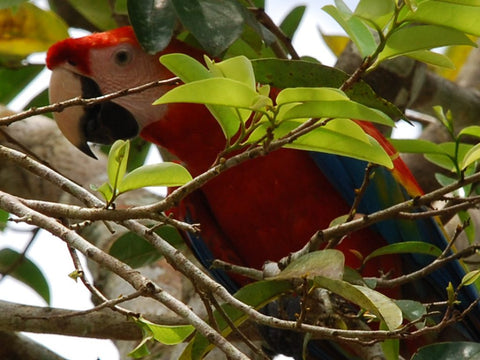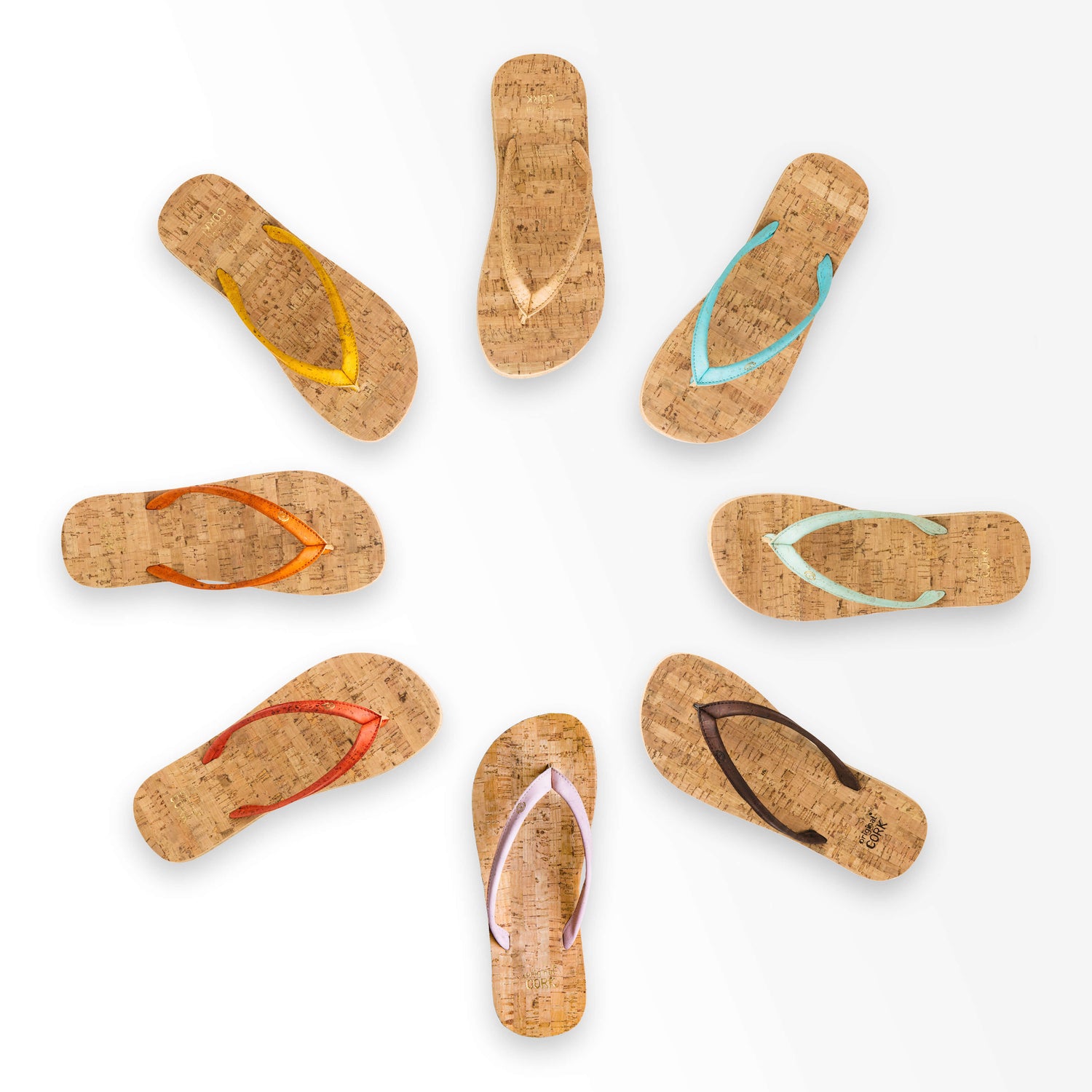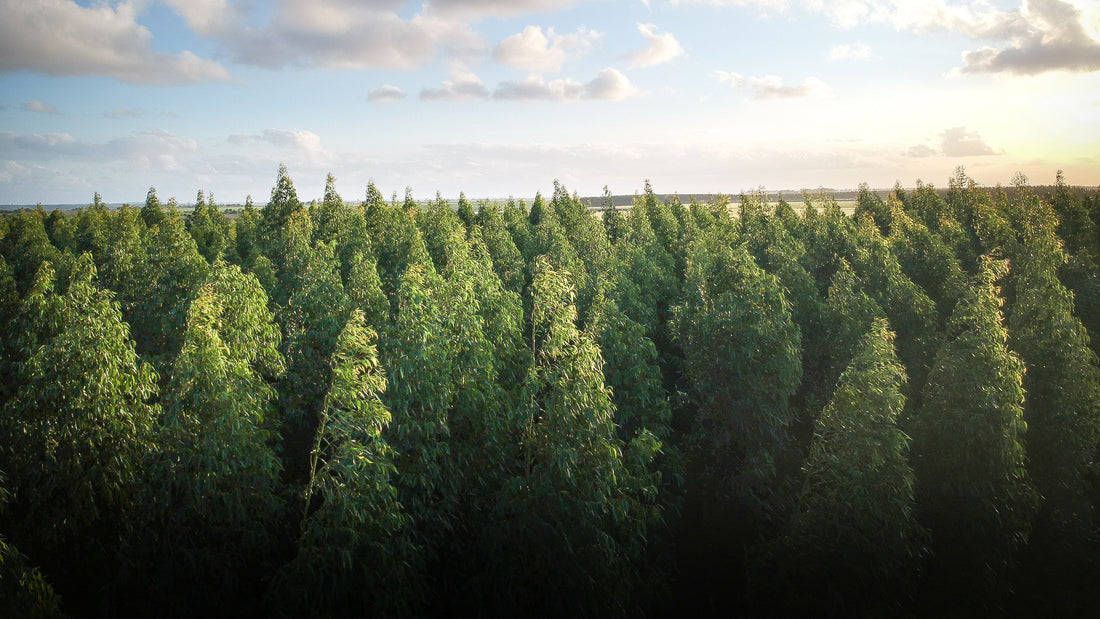The carbon footprint from shipping products can add up. As an online business that depends on sending our products to customers, we set out to lessen our impact from the emissions involved in postal delivery.
We were looking for a way to offset the environmental impact of shipping for quite some time, so we are glad to have recently added EcoCart to our checkout.
If you use Shopify Pay at our store, all orders are carbon offset. But when paying with other methods, we wanted another way to give customers this possibility. We chose EcoCart to provide an option at check out to offset the carbon emissions from shipping orders.
EcoCart has a measurably positive impact. It offset 26,937,210 pounds of carbon dioxide in 2021, which is the equivalent of saving 883,164 trees, and supported over 25 offsetting projects that positively impact the environment and communities. This carbon offset is made possible by online stores that use EcoCart in their checkout, giving the option to offset the carbon emissions associated with the shipping of each order, which usually is around one to two dollars.

Our store started using EcoCart in the middle of 2021. Below are the results of what we have offset in carbon emissions in the past year - 1,290 pounds of CO2 offset, which is the equivalent of 668 trees saved (or 58 lightbulbs powered, or 19 feet of arctic ice saved).

The carbon-offsetting algorithm uses four factors to determine the cost to offset the carbon impact from any order. These factors are what the item purchased is made of, the weight of the items in the order, the distance the order will travel to the customer, and how the order will arrive at its destination (freight, truck, air, etc.).
We were wondering how EcoCart calculates the distance that the order will travel to the customer as it is an option that you can select in your cart before arriving at checkout (therefore no address has been added to the order at that point). I reached out to EcoCart to ask.
EcoCart responded that their algorithm looks at IP address as a proxy for customer location (anonymized to approximately a 25 mile radius) given that they don’t have that specific information until the checkout flow. Plus, this method involves less sensitive data than pulling the exact shipping address, which they don’t need. The EcoCart algorithm assumes a standard mix of travel that includes sea, air, and truck.
We were glad to learn that EcoCart uses an anonymized approximate customer location to calculate shipping emissions from us to our customers as accurately as possible without collecting data that could infringe upon the privacy of those who shop at our store.
What Projects does this Carbon Offset Effort Support?
EcoCart offsets carbon by donating to several organizations that have undertaken projects including forest protection and restoration, solar and wind power, hydroelectric systems, wetland protection, water filtration, biogas digesters, fuel-efficient cookstoves, and composting. They donate to verified projects and work closely with project developers to ensure that each program is stable, transparent, and actively doing good for people and the planet. They keep track of the actions and results of each of the projects to provide full transparency and make sure our donations are making a real contribution. They share this information with customers and merchants to demonstrate the impact of our carbon offsetting.
The carbon offset that we generate is from our donation to the Amazon Rainforest Protection project in Acre, Brazil. The Amazon rainforest is the most biodiverse forest (with Mediterranean cork forests coming in second) and an important carbon sink but at risk of declining by 65% before 2030 at the current deforestation rates, due greatly to industrial animal agriculture producing beef and leather. As we already promote sustainable forestry with our focus on cork products and speak out often on the environmental damage caused by the leather industry, we thought this would be a fitting project to receive our donations.

The goal is to protect endangered species and vulnerable animals in the Amazon, with methods such as teaching locals how to grow native crops (like bananas, chickpeas, cassava, and corn) and how to restore depleted land, such as rotating cattle pastures. Their goal is to help make these sustainable agricultural activities profitable so that families that care for the land can remain. It also educates local communities about improved agricultural techniques while monitoring unsustainable uses of the forest to mitigate deforestation and protect the area’s rich biodiversity.
---
We do our best to be a radically eco online store and take part in the ethical fashion movement by selling products made from cork, one of the most environmentally beneficial materials in the world. We also pay attention to the materials we use in our shipping packages, using no plastic and as little recycled paper padding as possible. We are happy to now offer carbon-neutral shipping, with carbon offset donations going toward protecting the rainforest.
Are you more likely to order from companies that offer carbon offset shipping? Do you have other suggestions for how stores can reduce shipping emissions? Let us know below.


